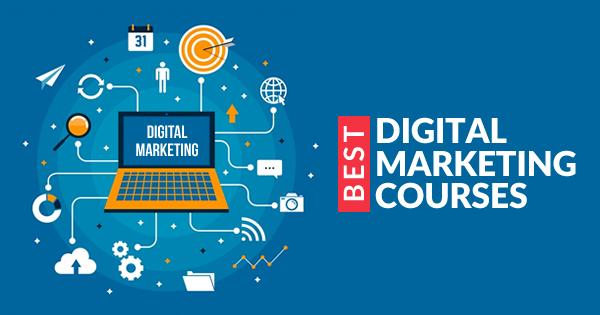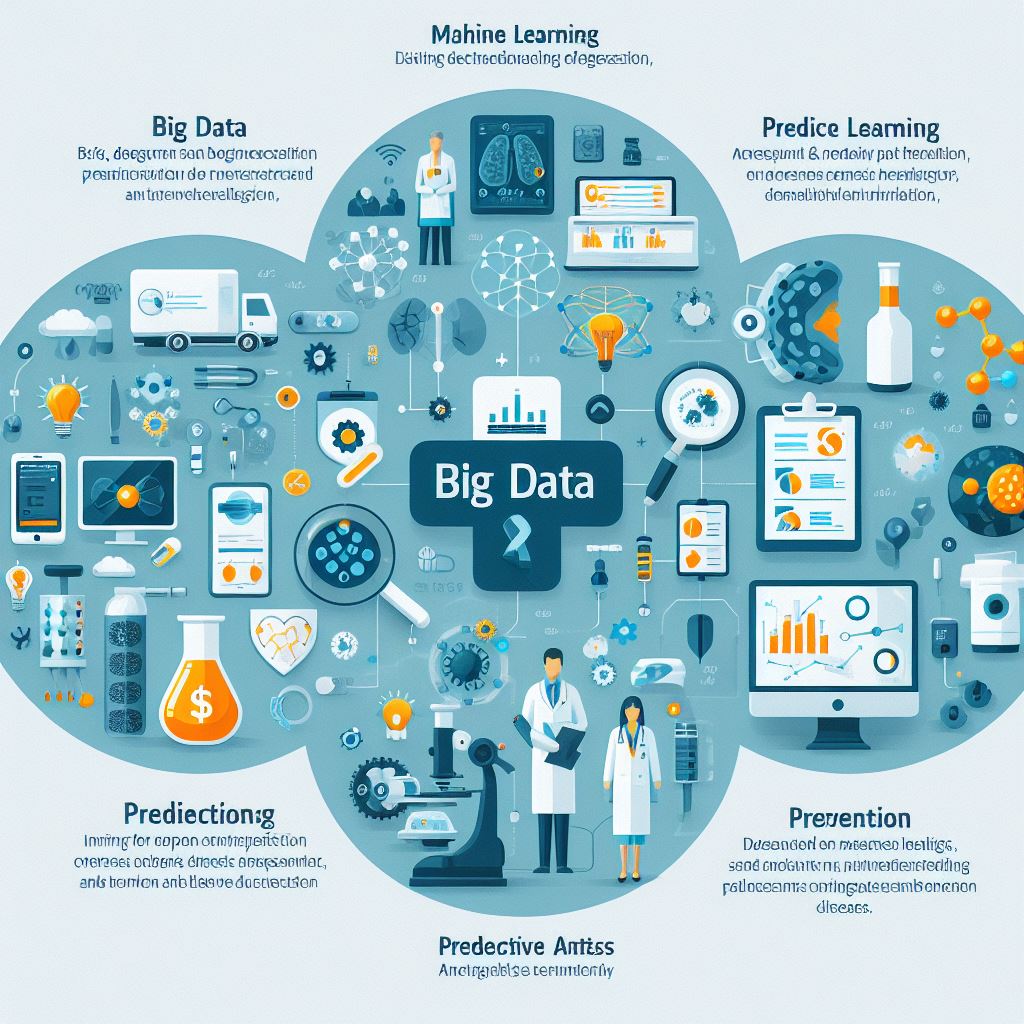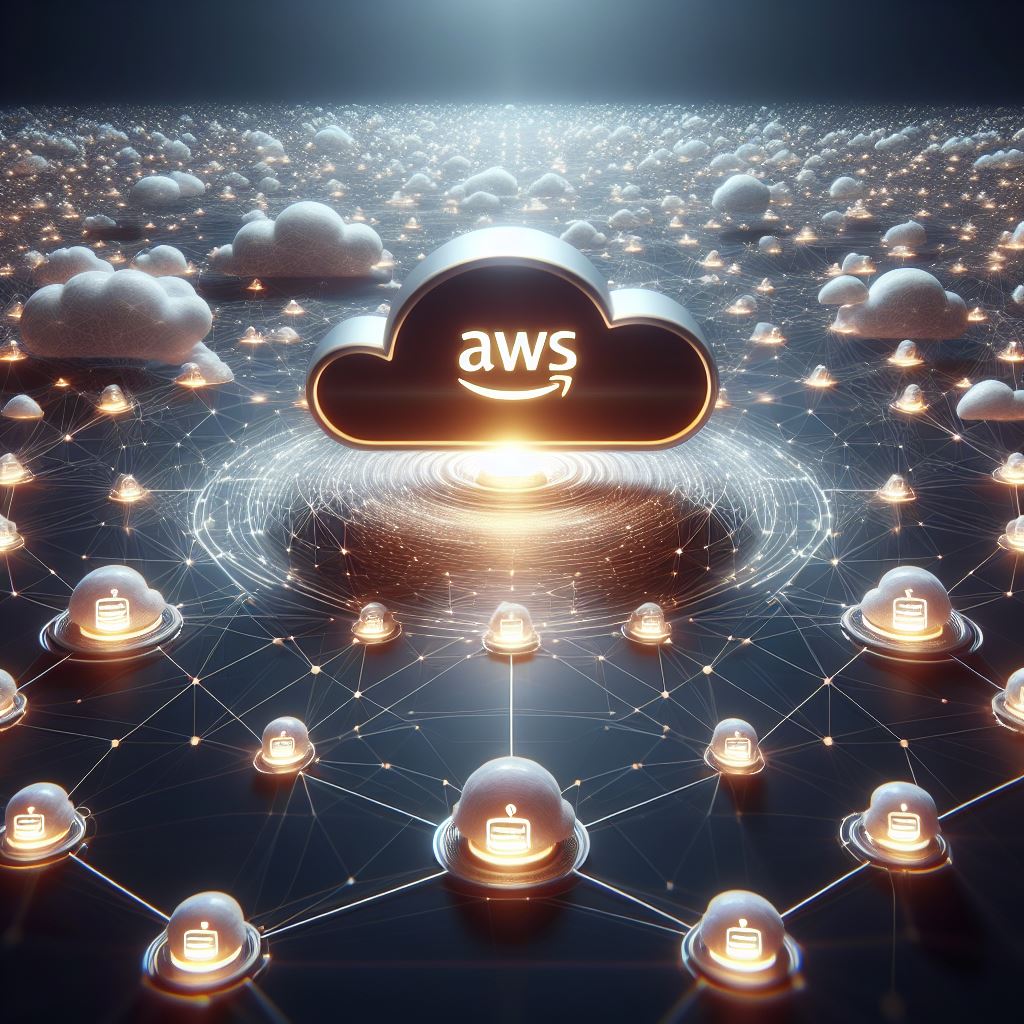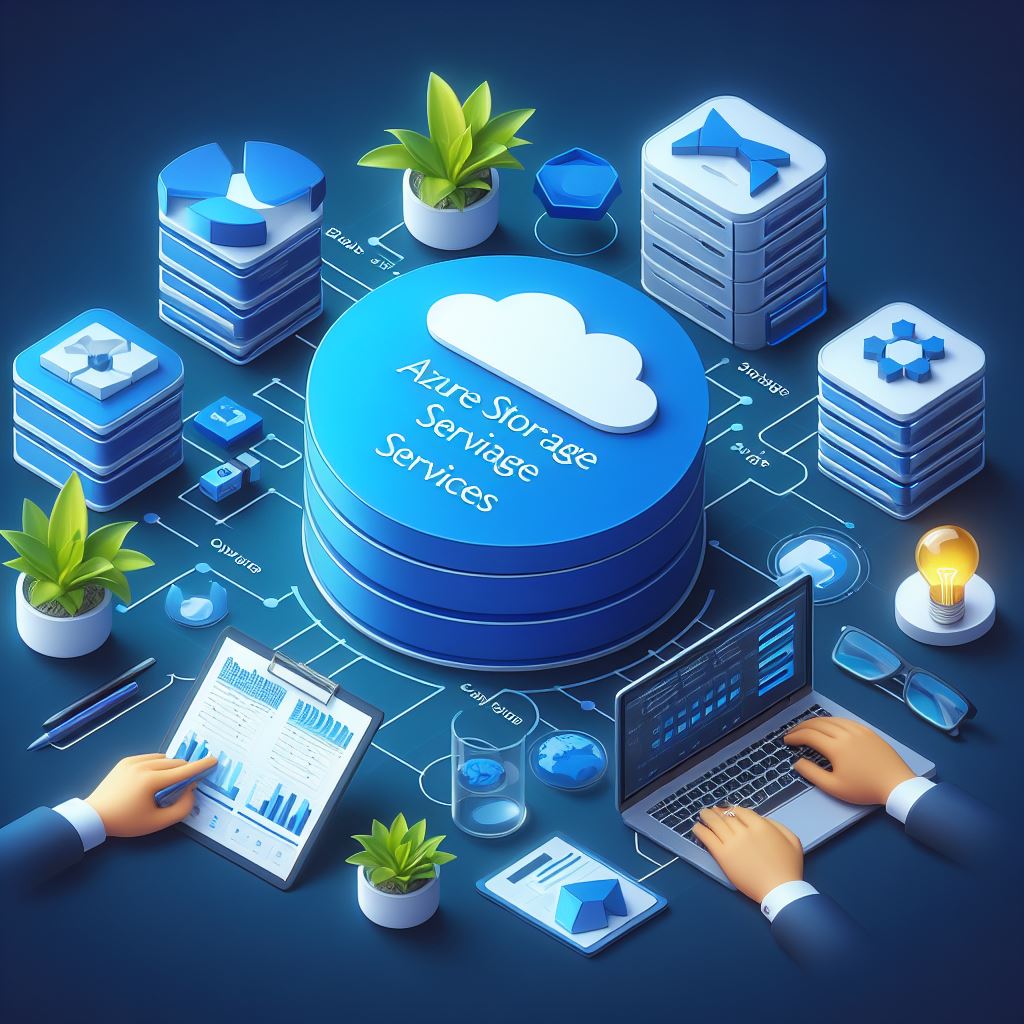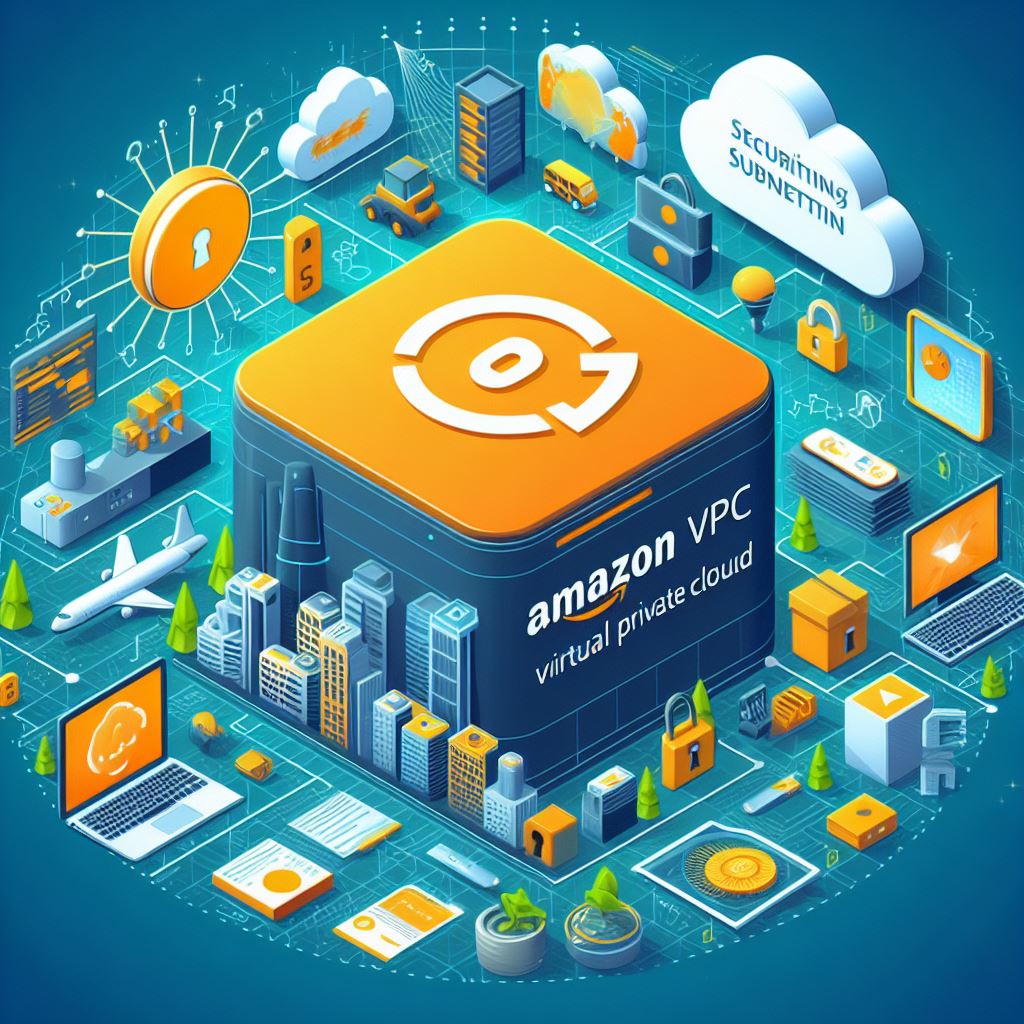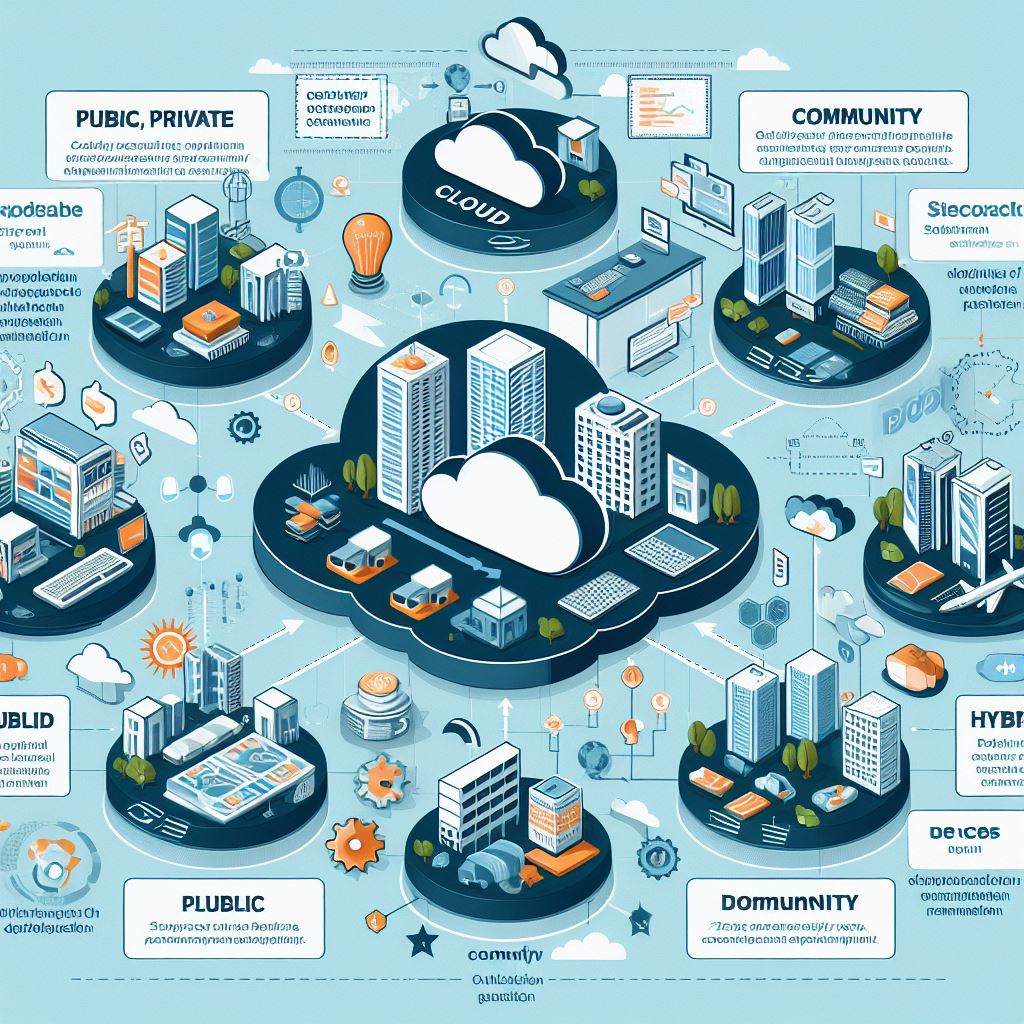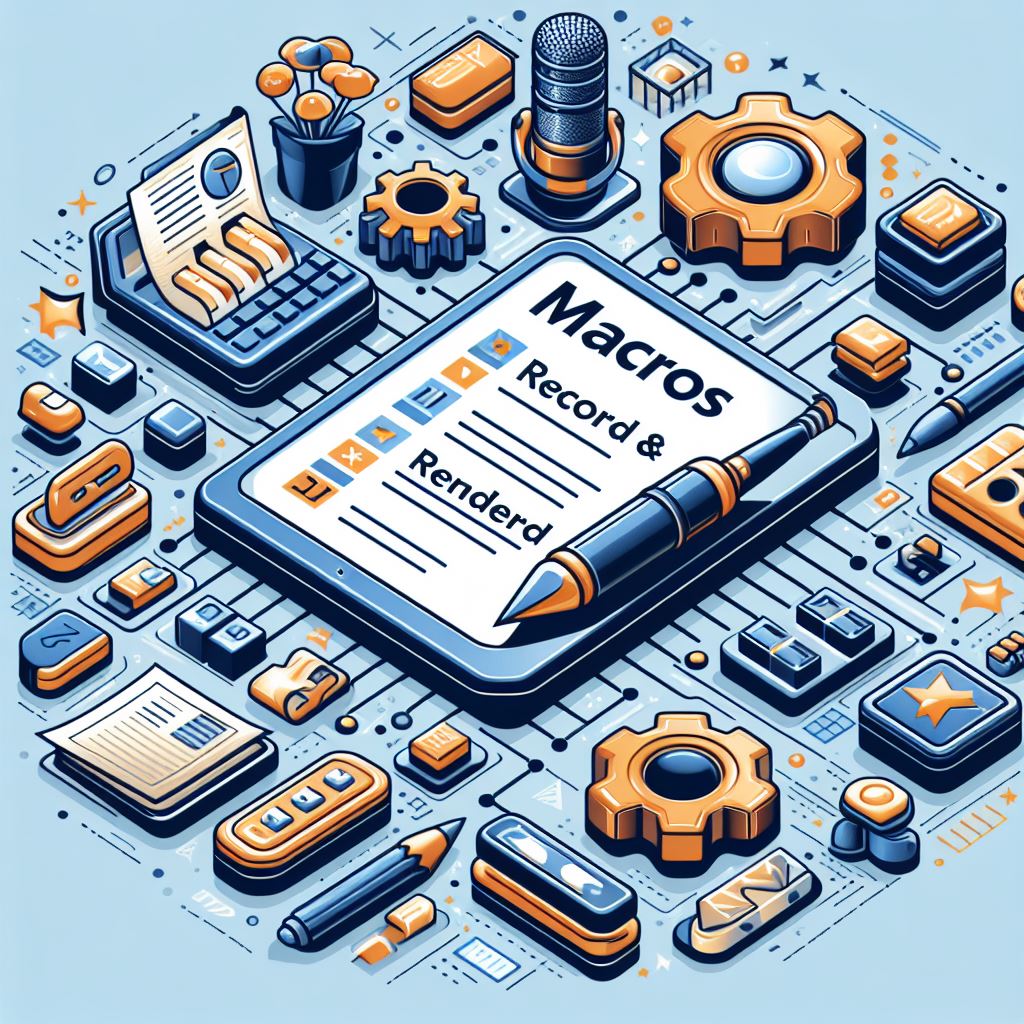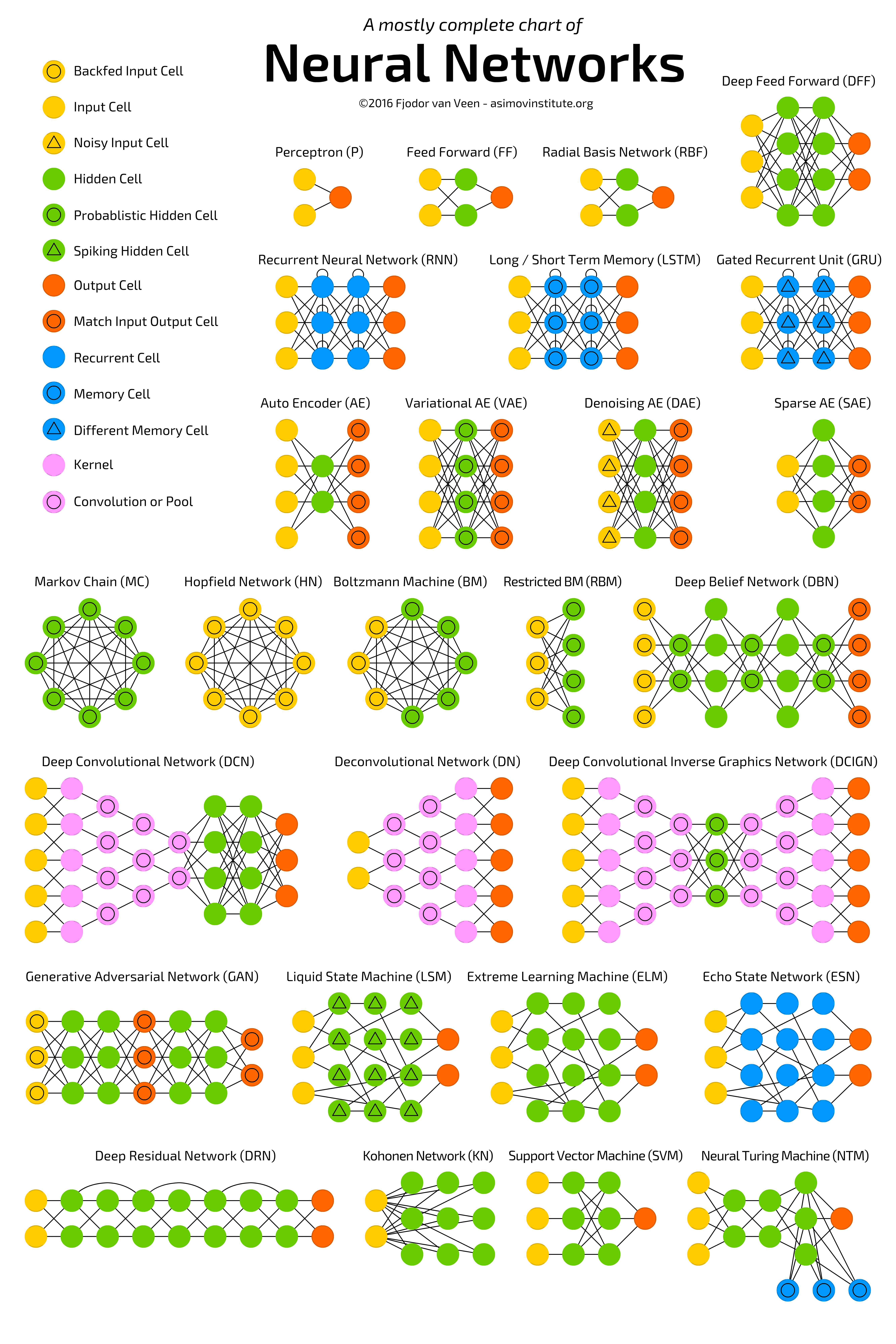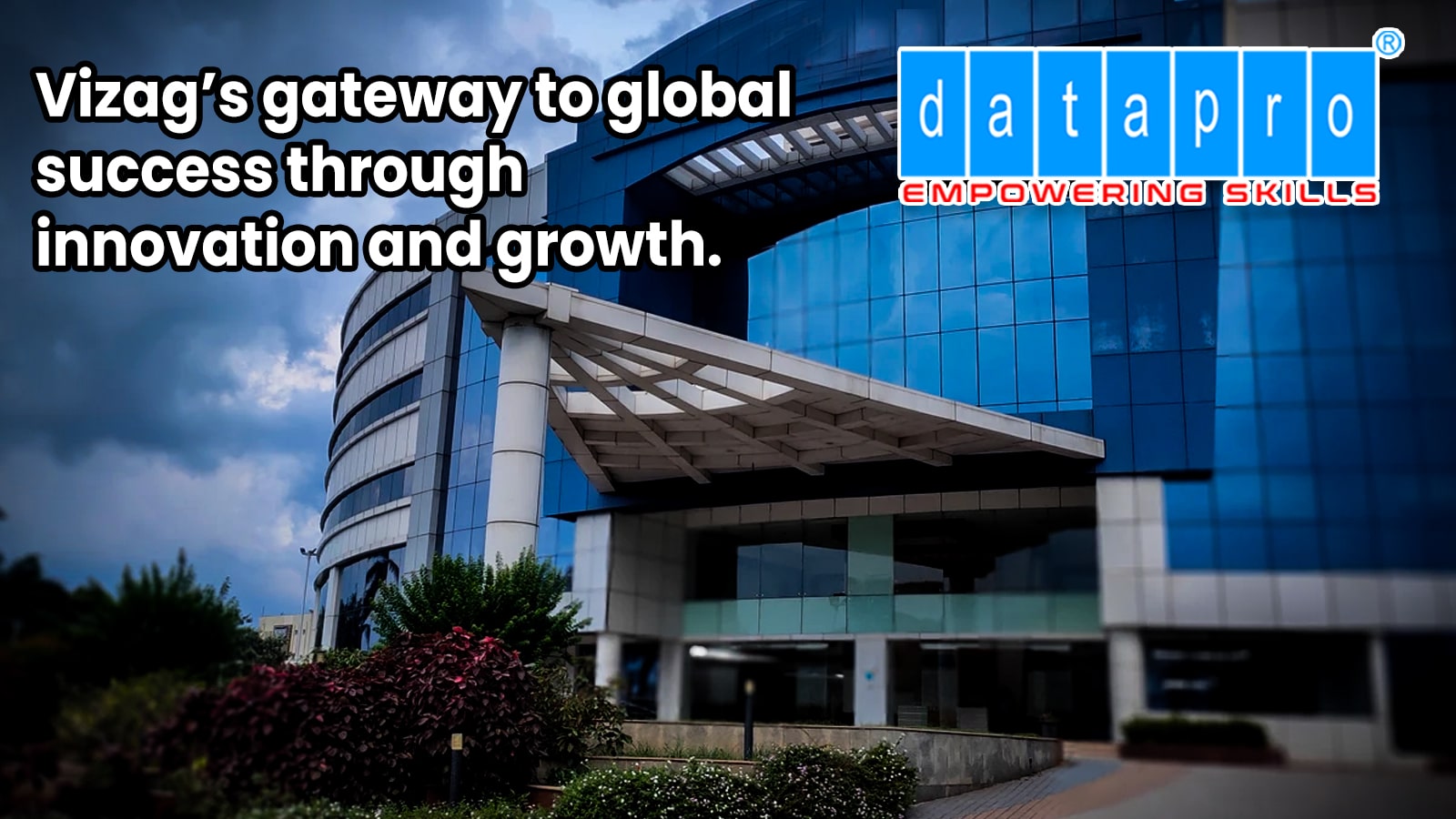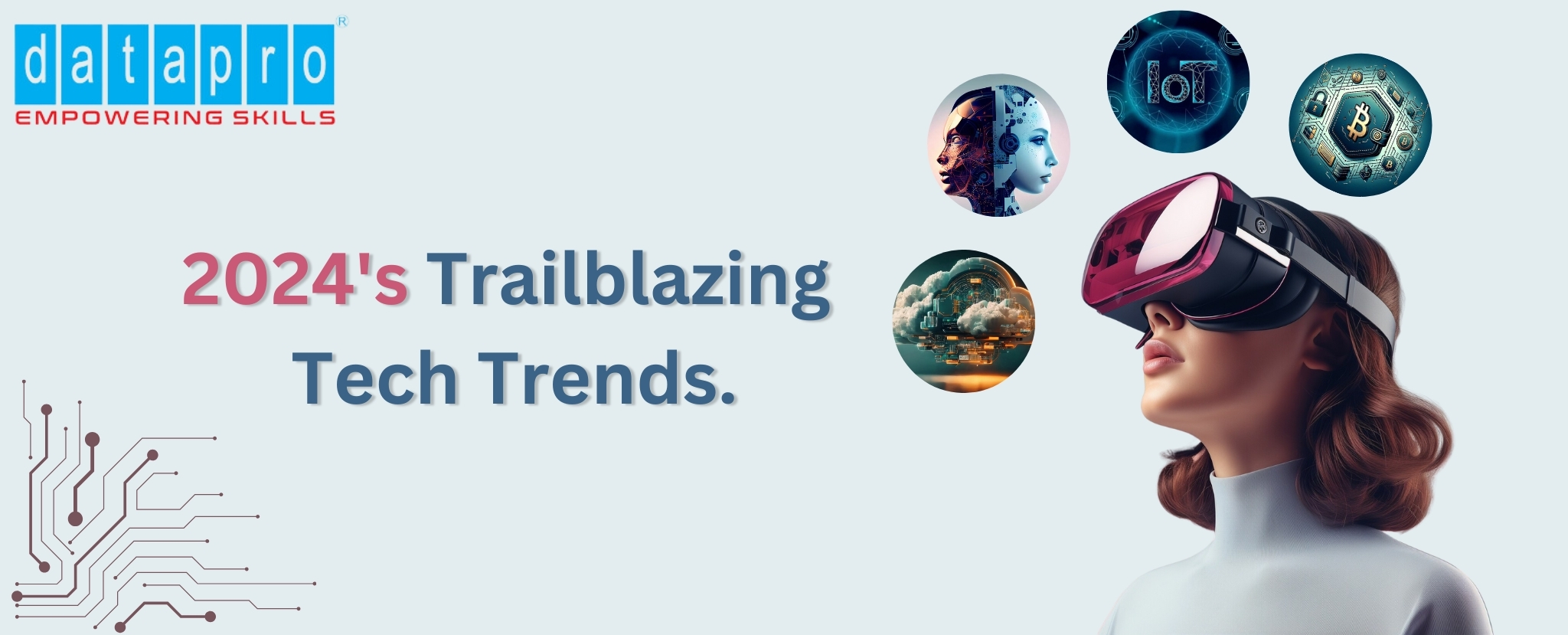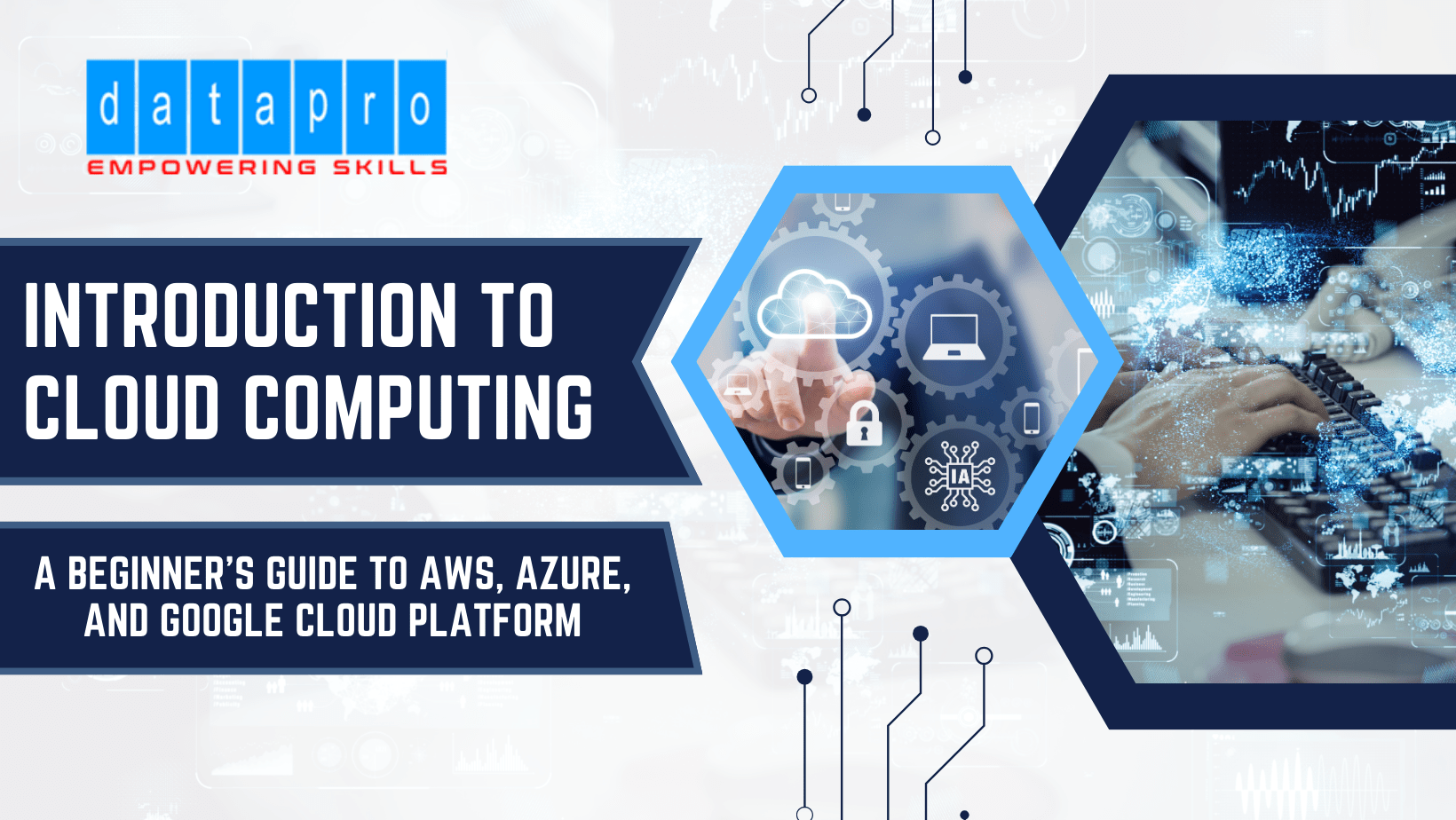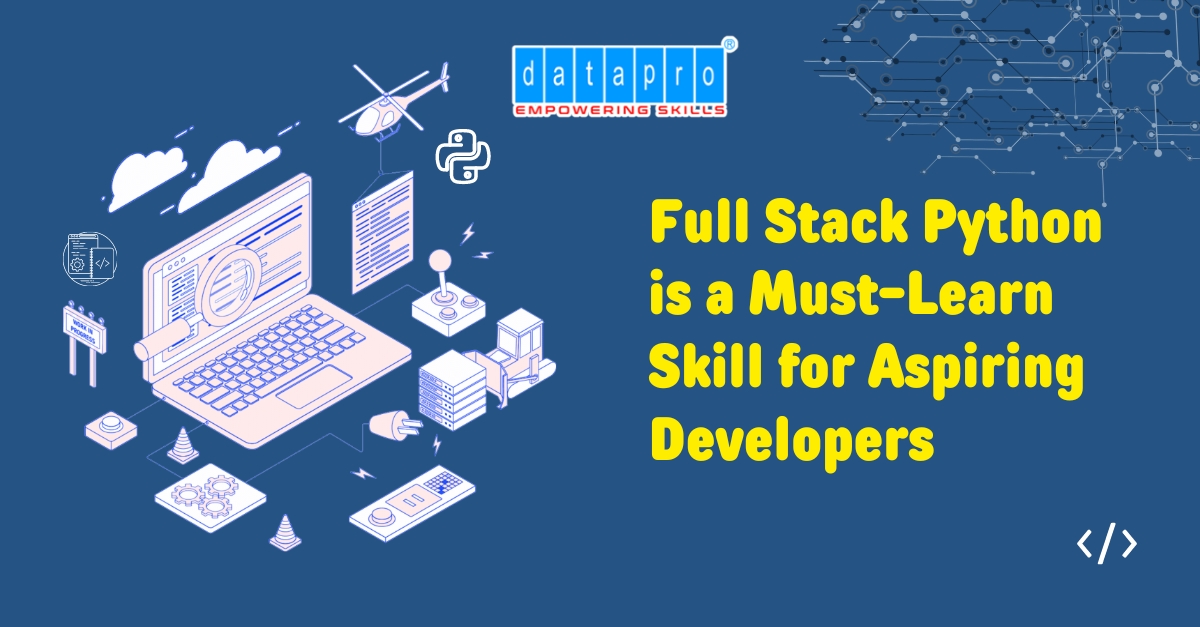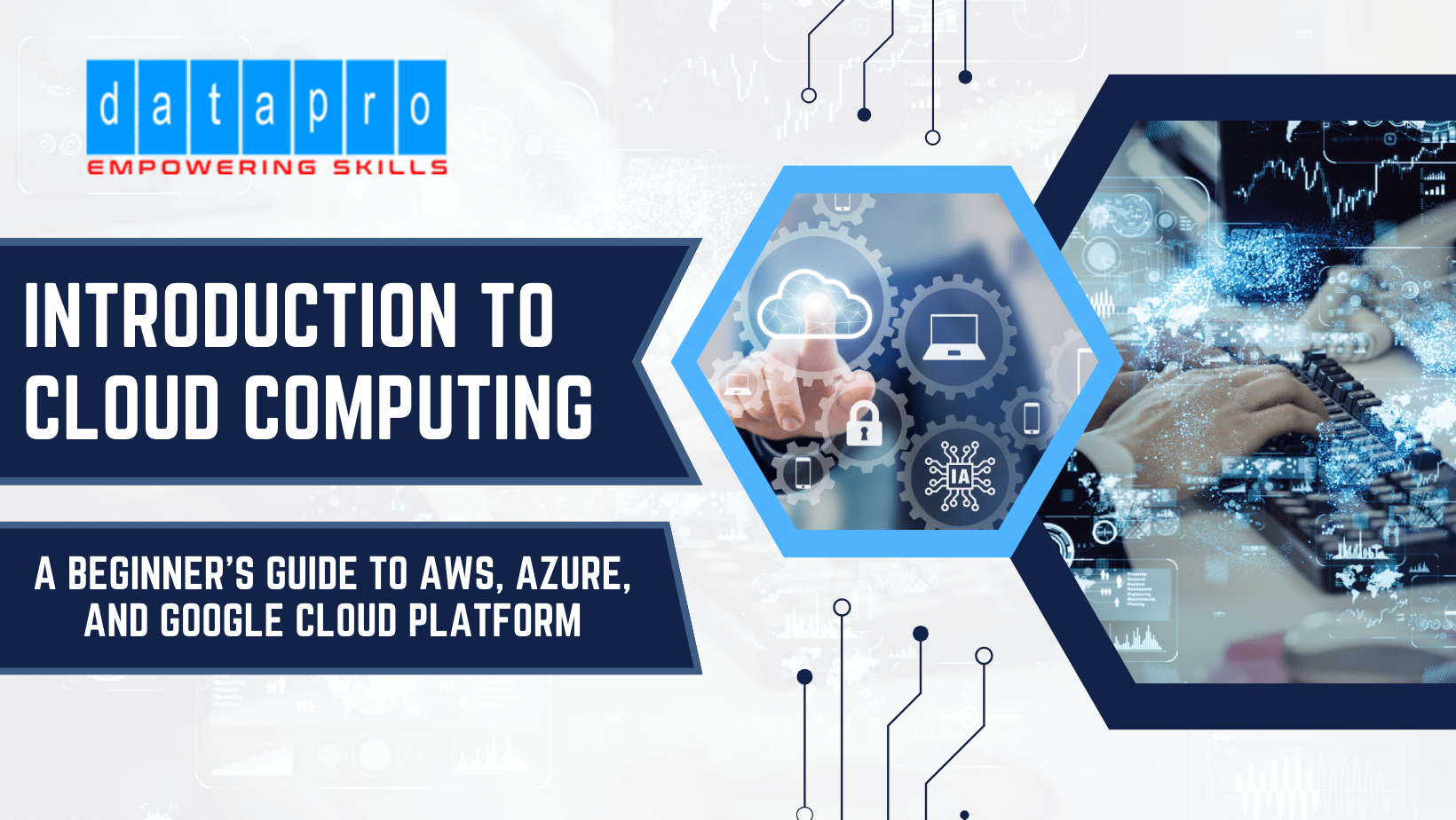
The Basics of Cloud Computing
What is Cloud Computing?
Cloud computing refers to the delivery of computing services - including servers, storage, databases, networking, software, analytics, and intelligence - over the internet, also known as "the cloud." By utilizing cloud computing, users can access these resources on demand without the need for physical infrastructure.
Advantages of Cloud Computing
-
Cost-effective
-
Scalability
-
Accessibility
-
Security
-
Flexibility
Types of Cloud Services
-
Infrastructure as a Service (IaaS)
-
Platform as a Service (PaaS)
-
Software as a Service (SaaS)
Introducing Amazon Web Services (AWS)
Overview of AWS
Amazon Web Services (AWS) is a comprehensive cloud platform offered by Amazon that provides a wide range of services to cater to various business needs.
Popular AWS Services
-
Amazon EC2
-
Amazon S3
-
Amazon RDS
-
Amazon Lambda
Security and Compliance on AWS
AWS offers a robust security infrastructure, including encryption, access controls, and compliance certifications to ensure the protection of user data.
Exploring Microsoft Azure
Introduction to Azure
Microsoft Azure is a cloud computing platform by Microsoft that offers a plethora of services for businesses to build, deploy, and manage applications through Microsoft's global network of data centers of azure microsoft azure
Key Features of Azure
-
AI and Machine Learning
-
IoT Solutions
-
DevOps Integration
-
Hybrid Capabilities
Scalability and Flexibility on Azure
Azure provides scalability and flexibility to adjust resources as per workload requirements, making it an ideal choice for businesses with varying needs.
Getting to Know Google Cloud Platform (GCP)
Overview of GCP
Google Cloud Platform (GCP) is a suite of cloud computing services provided by Google, offering infrastructure services, platform services, and storage mechanisms to businesses.
Unique Features of GCP
-
Big Data and Analytics
-
Machine Learning
-
Serverless Computing
-
Multi-Cloud Integration
Pricing and Cost Management with GCP
GCP provides flexible and competitive pricing models along with cost management tools to help businesses optimize their cloud expenses.
Comparing AWS, Azure, and Google Cloud Platforms
Performance and Reliability
While all three cloud platforms offer excellent performance and reliability, AWS is often preferred for its established track record, Azure for its integration with Microsoft products, and GCP for its innovative technologies.
Cost-Effectiveness
In terms of cost-effectiveness, GCP is known for its competitive pricing structure, whereas Azure and AWS offer various pricing models based on usage and requirements.
User-Friendliness and Support
AWS, Azure, and GCP all provide user-friendly interfaces and robust support systems, ensuring that businesses can easily manage their cloud services with assistance whenever needed.
Summary
In conclusion, understanding the basics of cloud computing and the key features of AWS, Azure, and GCP are essential for businesses looking to leverage cloud services. aws web services, Azure, and GCP are the top cloud providers. AWS has a complex ecosystem and pricing structure. Azure has robust solutions and seamless integration with Microsoft's products. GCP excels in data analytics and machine learning, and is committed to sustainability. However, GCP's market share is currently trailing behind AWS, azure and microsoft.
Join Datapro Computers, the best IT training center in Vizag! where top-notch training is delivered by industry experts. Our comprehensive cloud computing courses provide in-depth explanations and the finest coaching. Experience personalized guidance and hands-on learning to excel in the dynamic world of IT. At Datapro Computers, we're dedicated to helping you succeed in IT. Get personalized guidance and practical learning to boost your career. Come to the best software training institute, Datapro Computers, where you'll learn from the best! Each cloud platform has its own strengths and factors to consider, so it's important for organizations to assess their needs thoroughly before choosing one.
FAQs
What is the difference between public, private, and hybrid cloud services?
Public Cloud:
-
Definition: A cloud service provided by third-party providers over the internet.
-
Features: shared resources, pay-as-you-go pricing, scalability.
Private Cloud:
-
Definition: A cloud service used exclusively by a single organization.
-
Features: greater control, custom security, dedicated resources.
Hybrid Cloud:
-
Definition: A combination of public and private clouds.
-
Features: flexibility, data and application portability, optimized workload distribution.
How can businesses ensure data security when using cloud platforms?
-
Encrypt Data: Keep data safe during transfer and storage.
-
Control Access: Limit who can access data and what they can do.
-
Regular Checks: Keep an eye on security regularly.
-
Back-Up Data: Ensure data can be recovered if lost.
-
Set Policies: Establish clear security rules.
-
Secure APIs: Keep interfaces secure and up-to-date.
-
Prevent Data Leaks: Use tools to stop data from getting out.
-
Use Security Tools: Make use of extra security features from your cloud provider.
These steps will help maintain data security in the cloud.
Which cloud service provider is the best choice for a small startup?
For a small startup, Amazon Web Services (AWS), Google Cloud Platform (GCP), and Microsoft Azure are popular choices. AWS offers extensive services and scalability, GCP is strong in data analytics and machine learning, while Azure integrates well with Microsoft products. Choose based on your specific needs and preferences.
